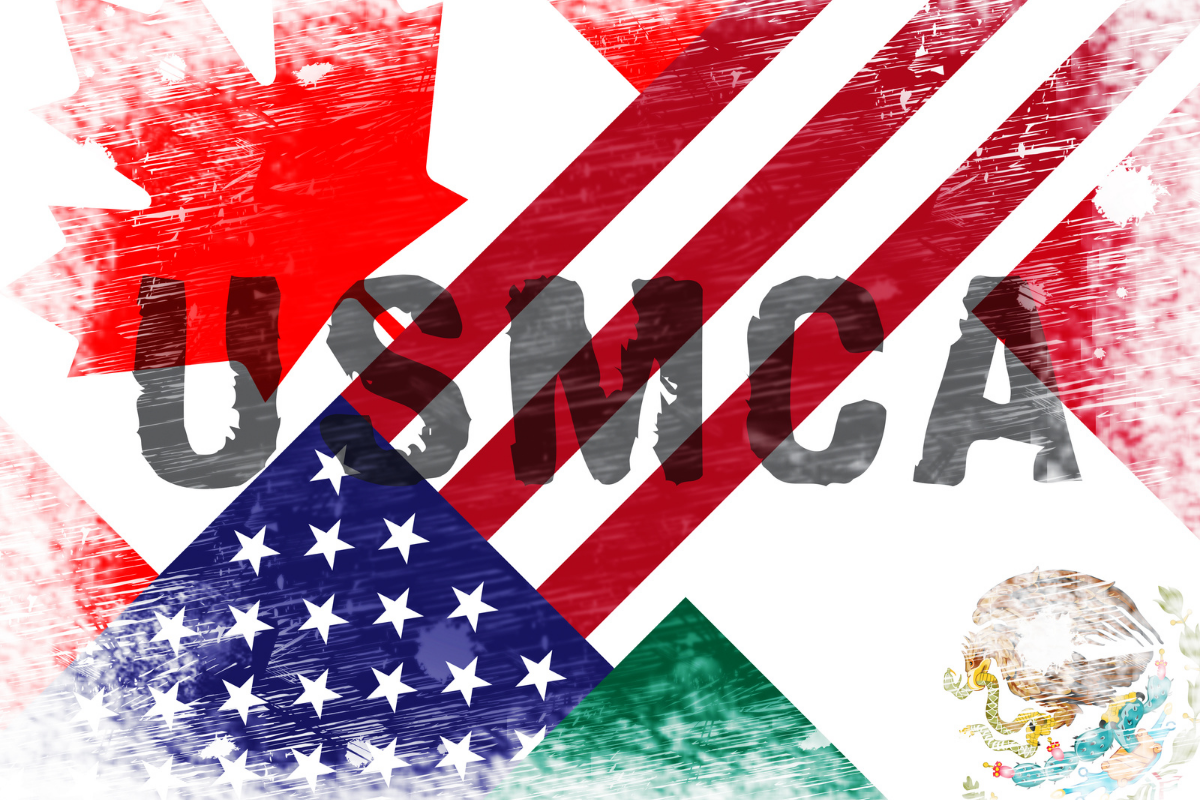
The United States, Mexico, and Canada reached an agreement to modernize the 25-year-old North American Free Trade Agreement (NAFTA) into a 21st century, high-standard agreement. On July 1, 2020, the United States-Mexico-Canada Agreement (USMCA) officially went in to force with the goal of supporting mutually beneficial trade leading to freer markets, fairer trade, and robust economic growth in North America.
USMCA is the first trade agreement ever to include a full chapter dedicated to small business interests. The partners at Cacheaux, Cavazos & Newton, LLP have written a series of articles for MBE magazine to help small businesses involved in international tradeunderstand how USMCA is designed to benefit U.S. small businesses and to ensure more balanced trade. The first article in the series, “Reviewing the United States-Mexico-Canada Agreement,” was included in our Fall 2020 issue. You can read Part 2 – Labor Law Considerations Under the USMCA. This is Part 3.
Introduction
Chapter 16 of the USMCA addresses temporary entry for business persons. Despite Mexico’s and Canada’s persistence,Chapter 16 of the USMCA contains very few changes to NAFTA’s immigration rules in Chapter 16. This is notable because technology has substantially changed the way we do business since NAFTA was first implemented. Many observers expected that the USMCA would modernize the NAFTA’s treaty immigration rules for new and emerging professional occupations.
Executive Summary
Chapter 16 of the USMCA provides for the TN (Trade NAFTA) visa category, which has been kept intact with only few minor changes. Under the USMCA, temporary entry means entry into the territory of a Party by a business individual from another Party without the intent to establish a permanent residence. The minor changes to Chapter 16 are mostly rewordings, updates to previously negotiated revisions and a rearrangement of sections and should not affect the TN visa process. For reference, such changes consist of: i) probable changes to the visa requirements for Traders and Investors (USMCA Annex 1603 §B(3)); ii) a technology mandate for Working Groups (USMCA Art. 1606.2(e)); iii) numerical limits on Professionals (USMCA Annex 1603 §D); iv) new categories for Business Visitors (USMCA App. 1603.A.1); and v) an updated scope.
Chapter 16 covers four categories of business individuals: i) traders and investors; ii) business visitors; iii) intra-company transferees; and iv) professionals. The list of NAFTA Professional Occupations, which is 63 occupations with minimum educational requirements, was not updated, even with the emergence of new tech-related occupations. As a consequence, such professionals will have to obtain work authorization through other applicable exceptions, even when their professions are ubiquitous in today’s world.
The most important modifications to Chapter 16 are the following:
Temporary Entry of Treaty Traders. The NAFTA provided that a Party may require a business person to obtain a visa or its equivalent prior to entry, even when such person is seeking temporary entry. Now, the USMCA includes additional language: “Before imposing a visa requirement, the Party shall consult with a Party whose business persons would be affected with a view to avoiding the imposition of the requirement. With respect to an existing visa requirement, a Party shall consult, on request, with a Party whose business persons are subject to the requirement with a view to its removal.” Such text is identical to that provided in the other three categories covered under Chapter 16 (i.e. business visitors, intra-company transferees and professionals). In essence, this new language requires the Parties to consult with each other before imposing visa requirements for this category of business persons.
Numerical Limits on Professionals. The USMCA removes the numerical limits of annual visas for Mexican business persons seeking entry into the United States. The NAFTA allowed the three countries to impose numerical limits on professionals who may qualify for unrestricted access. Accordingly, the NAFTA previously allowed an annual numerical cap of 5,500 visas for Mexican business persons seeking entry into the United States.
New Categories for Business Visitors. The USMCA now independently categorizes several professions previously grouped under the “General Service” category. Such professions include public relations and advertisement, commercial transactions, tourism, tour operations and translation.
Working Group Considerations. The USMCA requires the Parties to establish a Working Group to meet annually to consider the implementation of Chapter 16, among other items. Specifically, it states that the Working Group shall consider “issues of common interest related to temporary entry of business persons, such as the use of technologies related to processing of applications, that can be further explored among the Parties in other fora.”
Conclusion
Chapter 16 of the USMCA does not make any substantive changes to the NAFTA’s prior Chapter 16 terms and the TN visa category. However, without an agreement to update the Professional Occupations list for TN visa requirements, going forward there will likely be challenges for professionals seeking to temporarily live and work in the USMCA countries.
Cacheaux, Cavazos & Newton (“CCN”), a certified Minority Owned Business Enterprise, is an international law firm based in San Antonio with additional offices in Austin and McAllen, Texas, and throughout Mexico in Mexico City, Monterrey, Guadalajara, Tijuana, Queretaro, Ciudad Juarez, Reynosa and Matamoros. CCN’s attorneys are bicultural, bilingual and are licensed to practice in the U.S. and Mexico. The firm helps international clients navigate a broad range of legal issues in the increasingly integrated North American market. CCN’s clients include large global companies, as well as small and medium-size businesses, which the firm advises in a wide array of practice areas in both the United States and Mexico.













